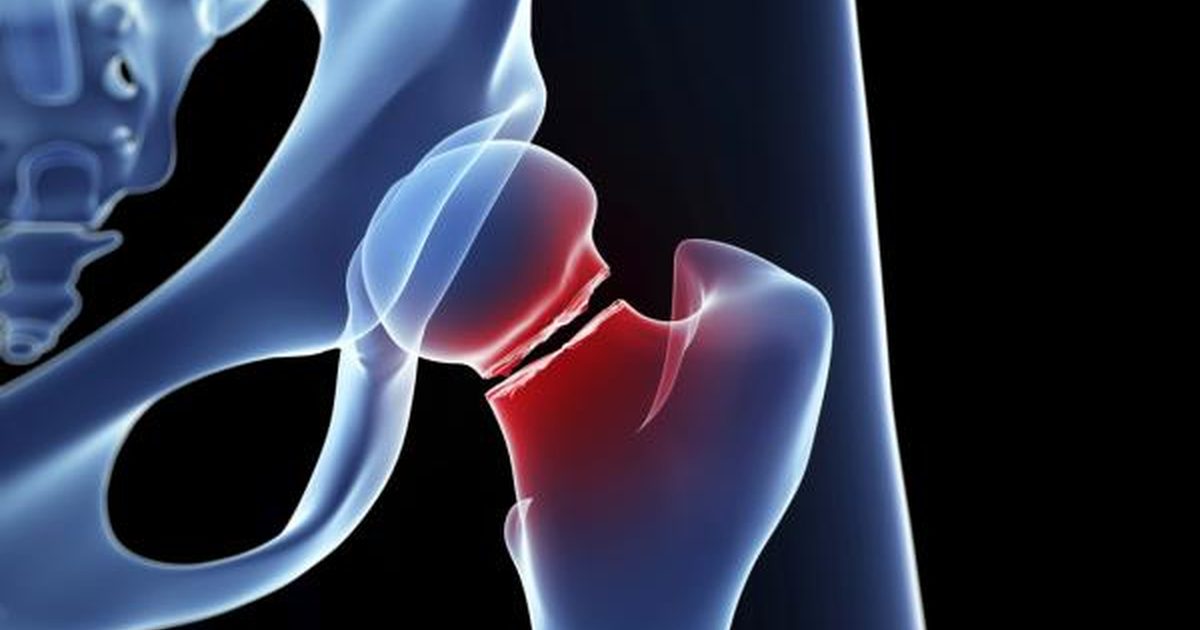A team of researchers at Evonik Industries has developed 3D printed implants to replace complex and painful medical procedures implemented during the treatment of bone fracture.
The German chemical company successfully created the implants when investigating into biodegradable composite materials as a substitute for metal implants. Biocompatible elements and materials have a significant advantage over metal implants because of the human body’s ability to absorb these components as it heals.
Conventional surgical methods used when treating broken or fractured bones require surgeons to integrate metal implants into the broken bone to position it and heal over a long period of time. The issue with this practice is that patients are expected to go through a second follow up surgery to remove the metal implants that were placed in the initial surgery.
Evonik Industries’ 3D Printed biocompatible materials slowly dissolves inside the bone as it heals, eliminating the need for patients to undergo a follow up surgical procedure.
“In the long term, our focus is regenerative medicine. We want to create bioabsorbable implants to replace damaged tissues with healthy tissues, said Andreas Karau, head of the Medical Devices Project House. “Our current work on biodegradable composites is a first step in this direction.”
Technically, the company’s newly developed polylactic and acid-based material gradually disintegrate into carbon dioxide and water in the range of a few weeks to months. Currently, Evonik Industries is researching whether the polymers involved in the creation of implants can be combined with substances like calcium phosphate derivatives.
However, the company’s research team hasn’t disclosed whether the composition of the 3D printed implants can be manipulated to alter the time it takes to break down. Depending on the severity of bone fracture, surgeons may need the 3D printed implants to last a few months to even a year. If the Evonik Industries’ biocompatible implants will support this timeframe of patients, it could be a disruptive technology for the medical industry.
Image Source

